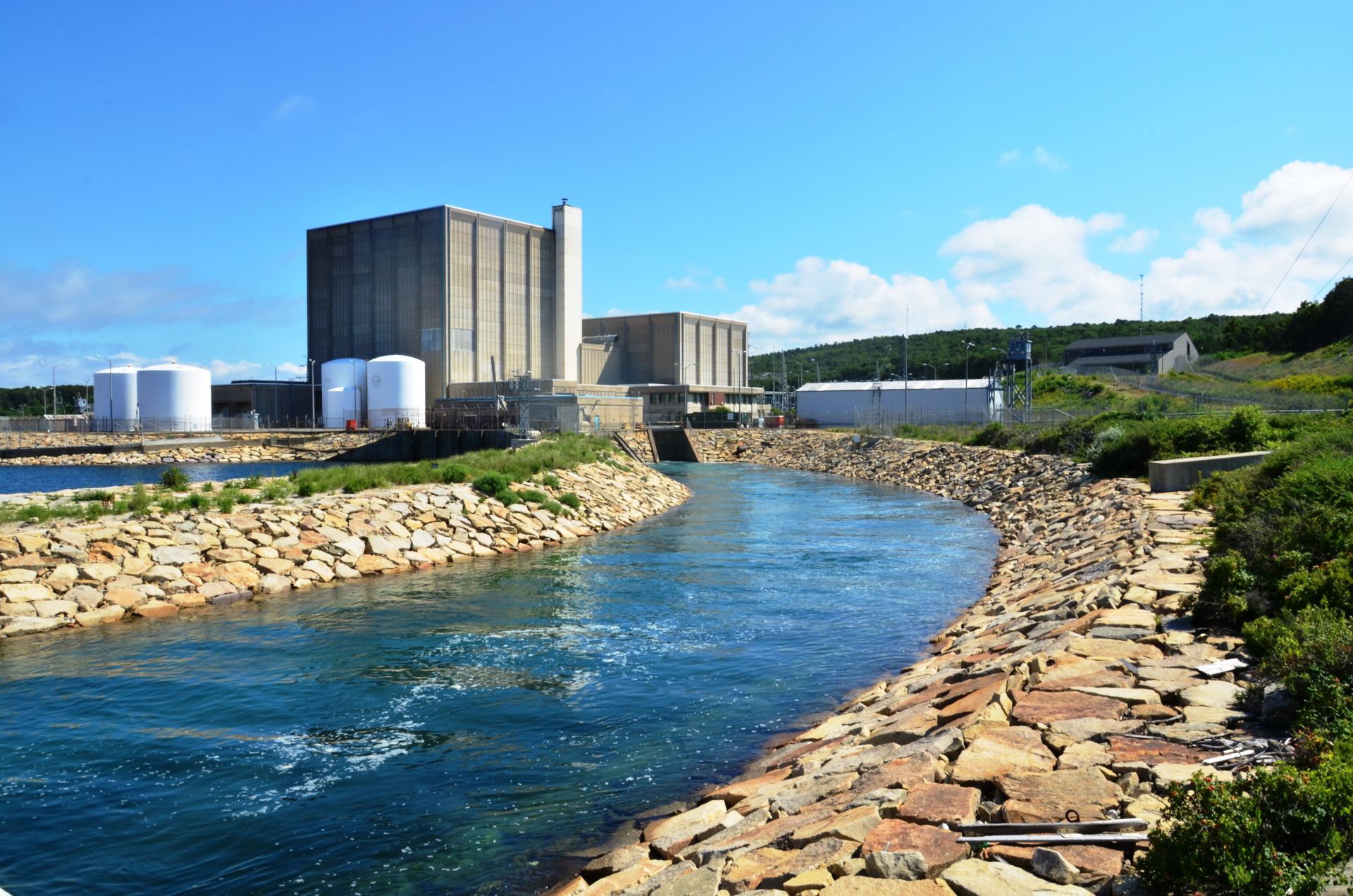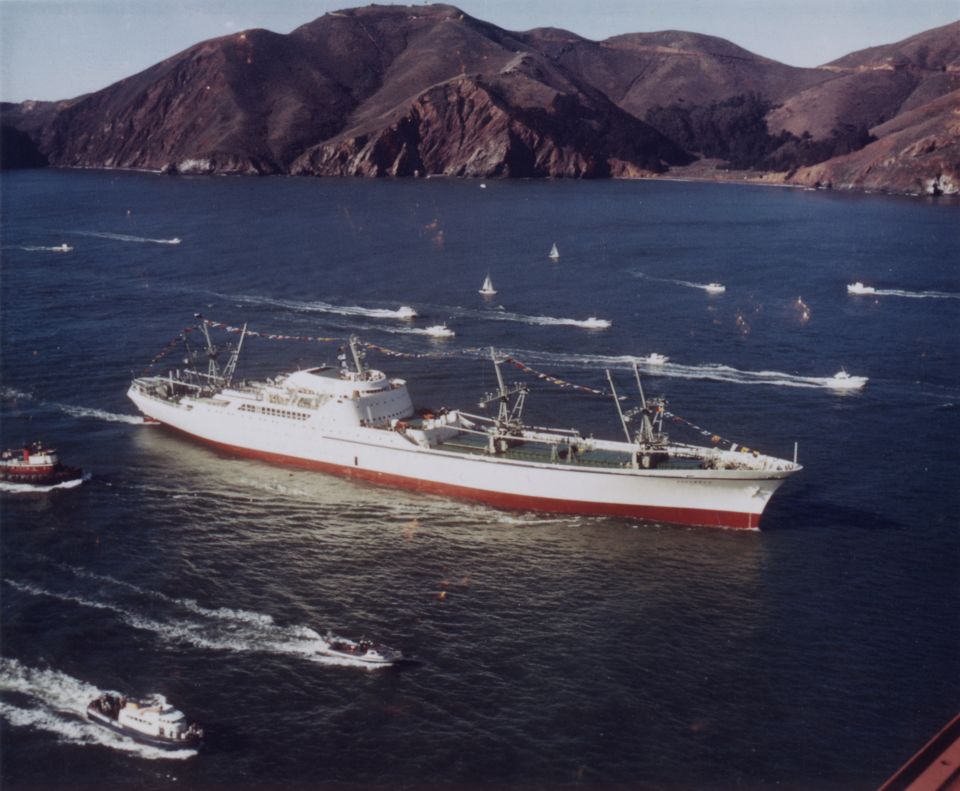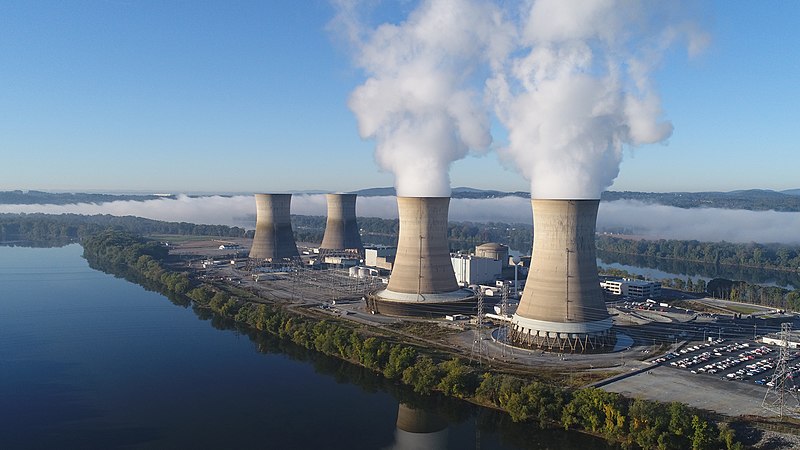As debate continues, environmental activists have expressed concerns that the longer it takes to determine decommissioning strategy, more of that water at Pilgrim will evaporate. A series of delays have piled up that may result in water evaporation happening from now until it is all gone seven or more years from now, making these regulatory requests a moot point.
At issue: The Pilgrim plant, in Plymouth, Mass., shut down in May 2019, and ownership was transferred to Holtec for decommissioning. Holtec faces opposition as it seeks a state permit modification to release treated radioactive water into Cape Cod Bay. While the water would meet federal standards for its low-level contamination, opponents say releasing any pollution into the bay is unacceptable.
Testing by the state in 2023 showed at least five radioactive materials in the water that remains in Pilgrim’s spent fuel pool and reactor. Now, officials are asking Holtec to do additional study on metals, volatile organic compounds, and per- and polyfluoroalkyl substance (PFAS) chemicals in the water.
Holtec representatives told the Nuclear Decommissioning Citizens Advisory Panel this week that a new water filtration system was installed at the plant that aims to remove metal shards that are breaking off as the reactor is cut up for disposal.
“We continue to work hard to decommission Pilgrim nuclear power station and will always do so within the regulatory limits by applicable federal and state agencies,” Patrick O’Brien, director of government affairs and communications for Holtec, said in an email to Nuclear Newswire.
If all else fails . . . The state panel discussed the various water disposal options at the meeting, especially focused on another option: shipping the water to an out-of-state facility. Panel members were at odds about the idea given the amount of water that would need to be moved and the low level of contaminants in question.
“There’s no perfect solution—none whatsoever,” said Mary Lampert, a panel member and organizer with Pilgrim Watch, a group dedicated to oversight of the plant’s decommissioning.











